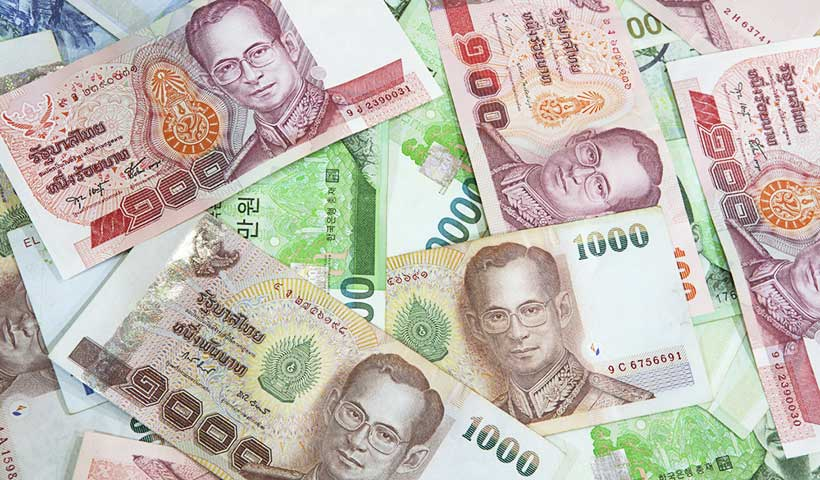If this is your first time going abroad to study, it might be an overwhelming experience for you. How to prepare, which country to choose and how would you manage your expenses? All these questions are sure to boggle your mind.
Your Bank Balance Plays a Crucial Role
Most countries need to know that you have sufficient funds in your bank account to support yourself in their country. This can also include your financial assets, the financial situation of your family or sponsor, and properties.
Bang guarantees can also prove to be an important financial document for getting your student visa. You can check with companies such as Bgavisa.com that allow renting money for bank certificate (เช่า เงิน ทำ bank certificate, term in Thai). You can be assured of less paperwork and faster services from them. You just need to deposit the required amount and share the necessary documents to get your certificate.
You might even need to open a student bank account in a foreign country and deposit at least a year of your living expenses there. In such situations, it would help to get in touch with your local bank authorities and get their guidance on how to go about setting up an account.
You can also check with the university if they are in collaboration with any local banks and how soon can your local bank account get active. This makes it easier for you to deposit and withdraw money whenever you need it.
Ensure that you have all the necessary documents such as your passport, latest photos, a confirmation letter from your university, and international credit cards to open your account.
Update Your Knowledge about the Countries
When you are traveling to a foreign country, you need to plan properly. Here is where you need to spend some time researching the language, cultural norms, and rules and regulations of the country.
When you are preparing for your further studies, you would also need to:
- Ensure that you have all your documents in place such as certificates, passport, and admission forms
- You need to book your flights and research your accommodation in that country
- Ensure that you are up to date with all your vaccinations and other health check ups
- Keep a tab on the current exchange rates so you know how much money you would require for expenses
- Ensure that you let your family and loved ones know where you are traveling to and keep your emergency contacts updated on your phone
You might think studying abroad is expensive. Yes, it is if you choose an expensive country. There are ways in which you can pursue your higher studies on a budget, provided you do your homework. Check out countries where the education costs are low. If you are on scholarship, you can use that as leverage to get into some good universities.
Many countries allow you to work part-time. You can look for part-time jobs thereby helping you pay for your expenses abroad.
Conclusion
Studying and living in a new country is a thrilling experience. Make the most of this opportunity, get to learn about the culture, and make new friends.



